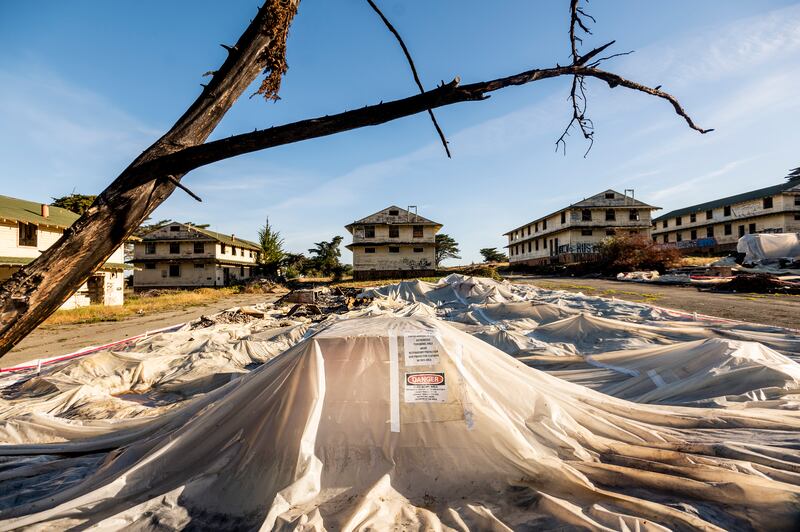Asbestos mineral fibers were widely used by most U.S. industries for decades until the 1980s, when information about their carcinogenic effects started to surface. The military, too, applied large quantities of asbestos-containing material for various activities. Because asbestos-related illnesses, such as mesothelioma, lung cancer and asbestosis, can take decades before the first symptoms of the diseases show, the number of people diagnosed with such diseases has been increasing nationwide in the past 40 years. Many victims of asbestos exposure are military veterans. For instance, reports suggest that about one-third of mesothelioma patients are veterans. This is a staggering number, considering that mesothelioma is almost always a deadly cancer.
The mortality rate among veterans who served in asbestos-contaminated environments could be alleviated with the early detection of related diseases. Having a national database enlisting military members with known and supposed asbestos exposure during their service years could be a game changer. Based on such a database, all those at risk of falling ill could be sent to regular and specialized medical check-ups. The Department of Veterans Affairs (VA) and the Department of Defense (DOD) should be responsible for setting up and administering such a registry.
The military, asbestos and Utah veterans
Asbestos pollution from asbestos-based products, such as insulation and construction material, was common in military installations nationwide. The Navy became one of the largest consumers of asbestos, applying asbestos on most of its vessels built before the 1980s. The most dangerous spaces in terms of contamination were the tight-fit, poorly ventilated areas and ammunition depots. Utah’s former and current military bases were and still are potential sites of asbestos contamination. Many of Utah’s more than 120,000 veterans are at risk of being diagnosed with mesothelioma, asbestosis or lung cancer.
Mesothelioma and asbestosis are exclusively caused by inhaling airborne asbestos fibers. The microscopic mineral particles attack the lungs and the membranes around them, causing permanent damage and, eventually, cancer. While asbestosis is a type of pulmonary fibrosis, the scarring of lung tissue, mesothelioma is a cancer that develops in the membrane around the lungs, abdomen, heart or reproductive organs. Between 1999 and 2017 in Utah, there were 106 asbestosis-related deaths and 299 mesothelioma-caused deaths.
Mesothelioma poses a significant challenge to the medical community. It is hard to diagnose because its initial symptoms resemble more common lung disease. Moreover, it progresses rapidly after the first symptoms appear, which happen at a later stage of cancer. Unfortunately, mesothelioma misdiagnoses are far too common in the U.S. According to a medical study, about 14% to 50% of mesothelioma diagnoses are incorrect.
Medical studies show that exposure to all types of asbestos increases the risk of lung cancer, the second most common cancer in the U.S. Similar to mesothelioma, its symptoms do not appear before the cancer is already at an advanced stage. However, if it is detected early, it can be treated successfully. The number of lung cancer deaths in Utah between 1999 and 2017 was 1,196.
Timely diagnoses can save lives
Being aware of the adverse health risks of asbestos, the VA urges veterans to get tested for asbestos-related diseases, especially mesothelioma. Unfortunately, timely discovery is the only option for ill veterans to alleviate symptoms and prolong their life expectancy when it comes to illnesses linked to asbestos contamination. Veterans should request chest X-rays or CT scans and pulmonary function (breathing) tests to reveal any damage caused by inhaled asbestos particles.
Those who served in asbestos-contaminated environments and are diagnosed with a health condition caused by exposure are eligible to receive disability compensation and possibly free health care from the VA. Veterans with mesothelioma can also seek legal compensation after a diagnosis. Having a national asbestos exposure registry to rely on would significantly improve the diagnostics outcomes. Our veterans, who sacrificed so much for our country, deserve all the effort and support they can get.

